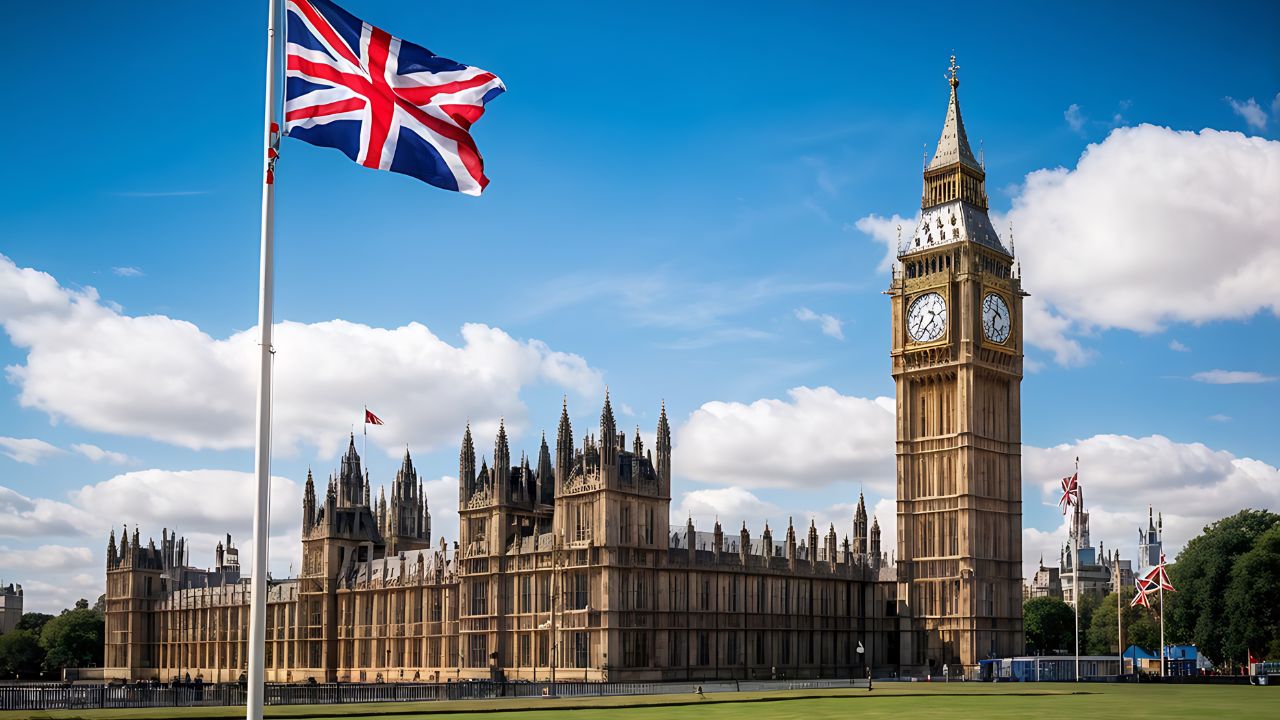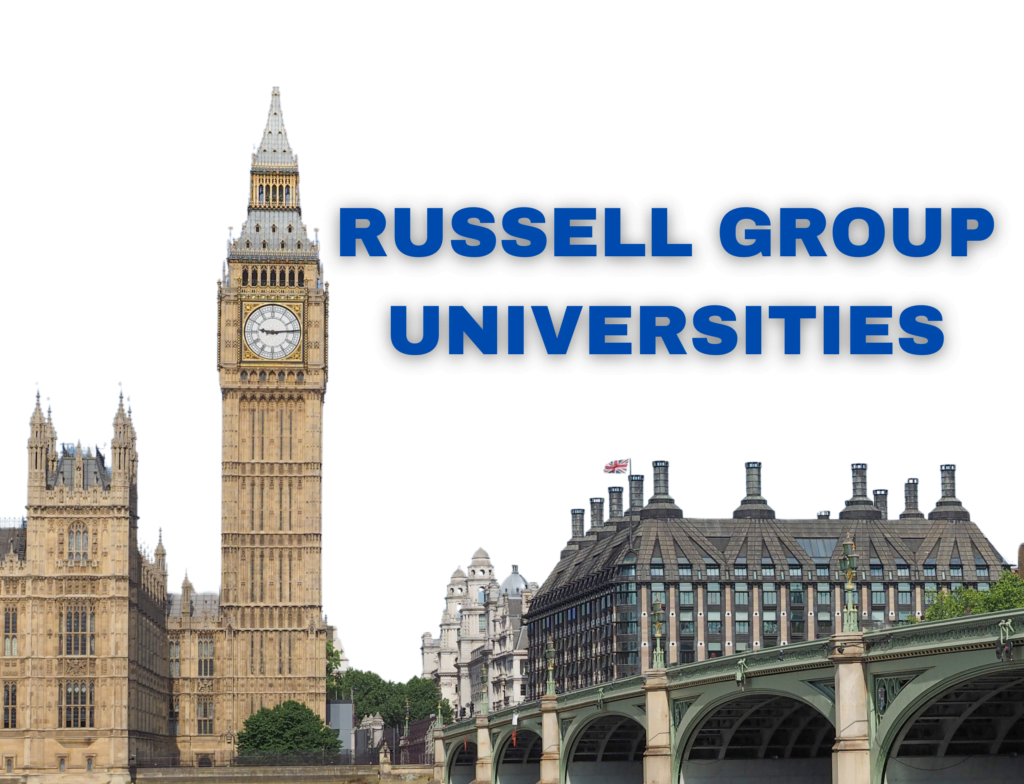The glamour of earning a master’s degree from a prestigious university in the UK has drawn thousands of international students, particularly from countries like India, China, Nigeria, and Pakistan. However, a recent blog by two anonymous professors at universities belonging to the Russell Group, published by the Higher Education Policy Institute, sheds light on a very disturbing trend: many international students are gaining degrees despite battling with insufficient English language skills.
International Students in the UK: A Growing Concern Over English Proficiency
Professors argue that a significant percentage of international students do not have a minimum level of proficiency in the English language to study their courses. A large number of these students are passing their respective degrees, though failing preliminary assessments, thus creating some questions regarding the academic integrity of higher education in the UK. This is particularly the case in master’s courses, since students are often under-equipped with the necessary English skills to engage meaningfully academically, posing a long-term threat to the international reputation of UK universities.
It is a clear fact that international students’ strength in the UK has been growing annually, with Indians topping the figure. Ending June 2024, 110,006 study visas were issued to Indians, for example—81% of them postgraduate students. The surge of international students, while a great gift for British universities, exposes severe gaps in language and academic preparedness.
Master's Courses Compromising Academic Rigour for Language Constraints
The professors, who chose to stay anonymous, shared how master’s-level teaching, which was earlier rewarding and intellectually demanding, has increasingly been compromised. They spoke of the seminar sessions where three-quarters would be from the same country, with only a few of them able to understand the nuances of the English language needed for in-depth discussions. This has brought an academic atmosphere where open-space questions are mostly greeted with silence, and professors have to adjust the rhythm, style, and content of their classes to the students’ limitations of language.
Translation apps became like a crutch for the students: real-time translations of lectures provided, but comprehension gaps not bridged. The professors also mentioned that sometimes these one-on-one sessions can be quite exhausting, as some students are not even in a position to understand some basic questions regarding their reading or course content. This situation has not only lessened the quality of education but has also taken a toll on the mental health of teaching staff left delivering poor classes that just meet the degree standard.
Impact on UK Higher Education and the Response from Universities
The result has been a growing number of complaints from students, which are decidedly amplified among better-prepared and motivated ones. Top-performing students have seen their master’s studies go down so badly that even the professors themselves are encouraging them to continue elsewhere overseas. The lower standard of teaching is the result of several causes, including insufficient funding of universities by the UK government, commercialisation of higher education, and two-tier visa regimes with the widespread use of recruitment agents. Those agents are often more interested in student volume than academic preparedness, which further exacerbates the problem.
Despite all these issues, UK universities, as well as representatives of the Russell Group, insist that international students have to meet minimum English language requirements necessary to be qualified for a study visa. Universities attest that they have various mechanisms at work to protect academic standards and highlight the contributions being made to UK education by international students.
However, the professors, who requested not to be named, said there was a culture of silence on the issue, and academics were too afraid to speak out for fear of losing their jobs. They point to the pressure of keeping enrolment numbers up and the major financial incentives coming from international students as having compromised academic rigor.
The Way Forward: Addressing the Language Gap in Higher Education in the UK
For example, in order to protect the reputation of UK higher education, action on the issue of language barriers is required. Pre-arrival language support needs to be enhanced, standards on English proficiency more stringently applied, and ongoing in-country language support given. A commitment to upholding academic integrity will repay many dividends, not only for international students but also in protecting the hard-won reputation of UK universities as centres of excellence.
Conclusion
The state of master’s programs in the UK makes it imperative to rethink the current pattern of admitting and supporting international students to British universities. To maintain the quality level of education that UK institutions boast, all students have to meet certain academic and language criteria. By addressing them head-on, the UK can retain its reputation as one of the world’s most attractive places to study while maintaining standards that make its universities a global benchmark.





